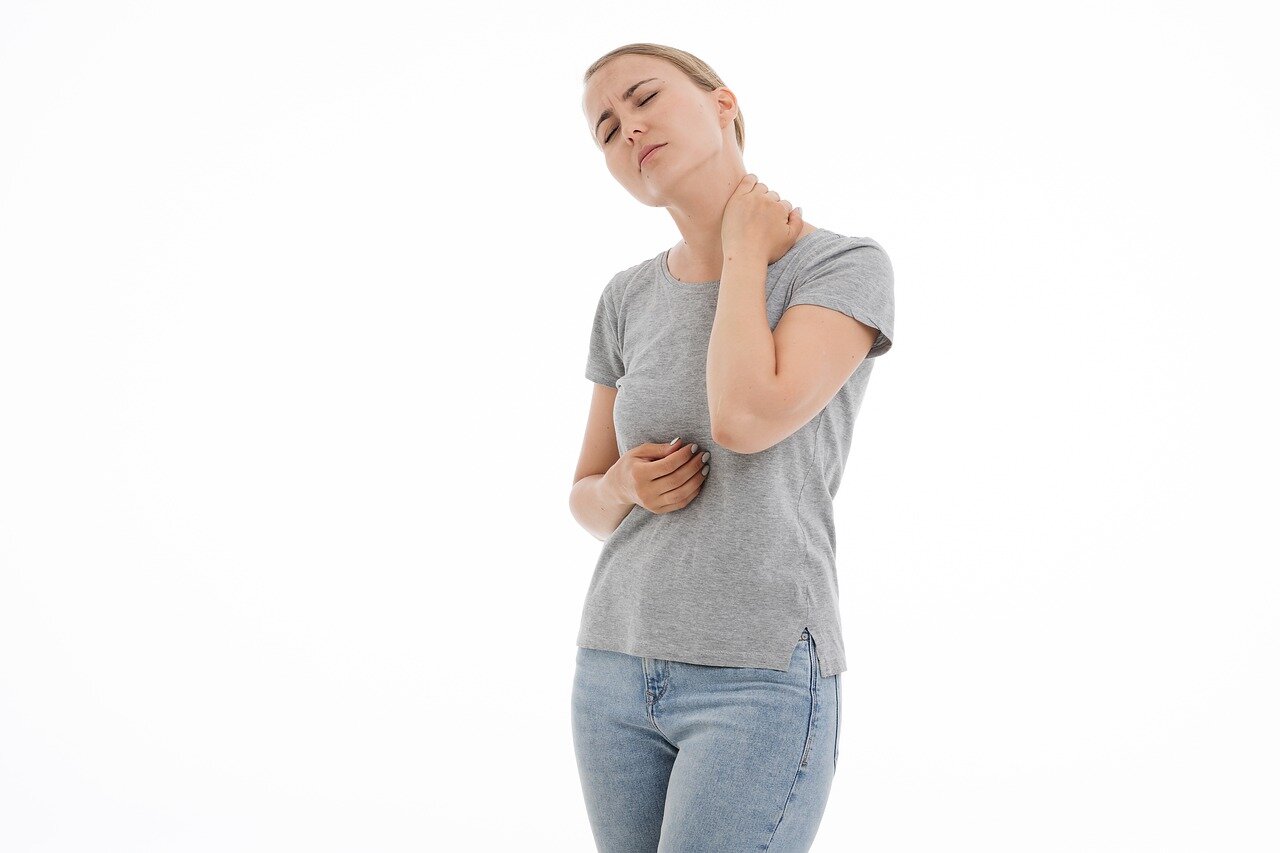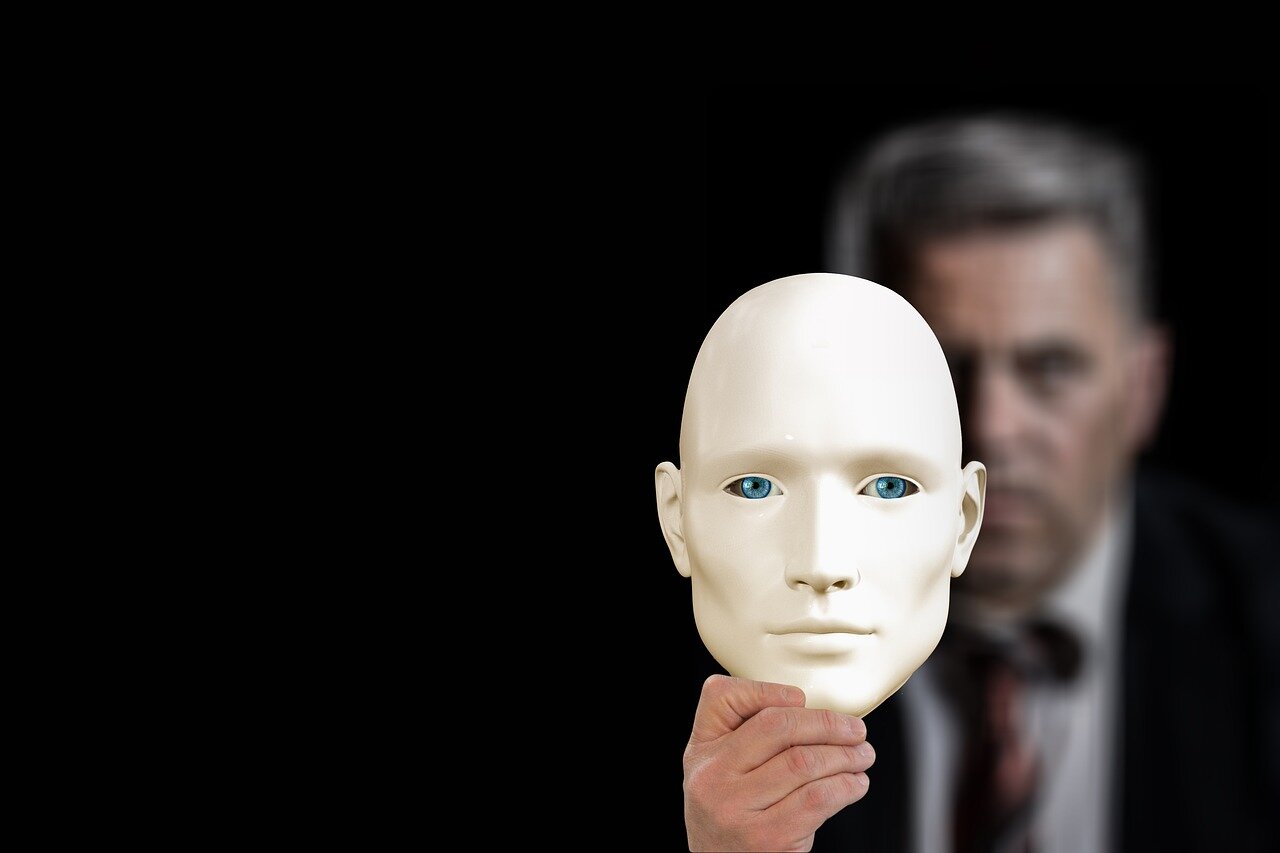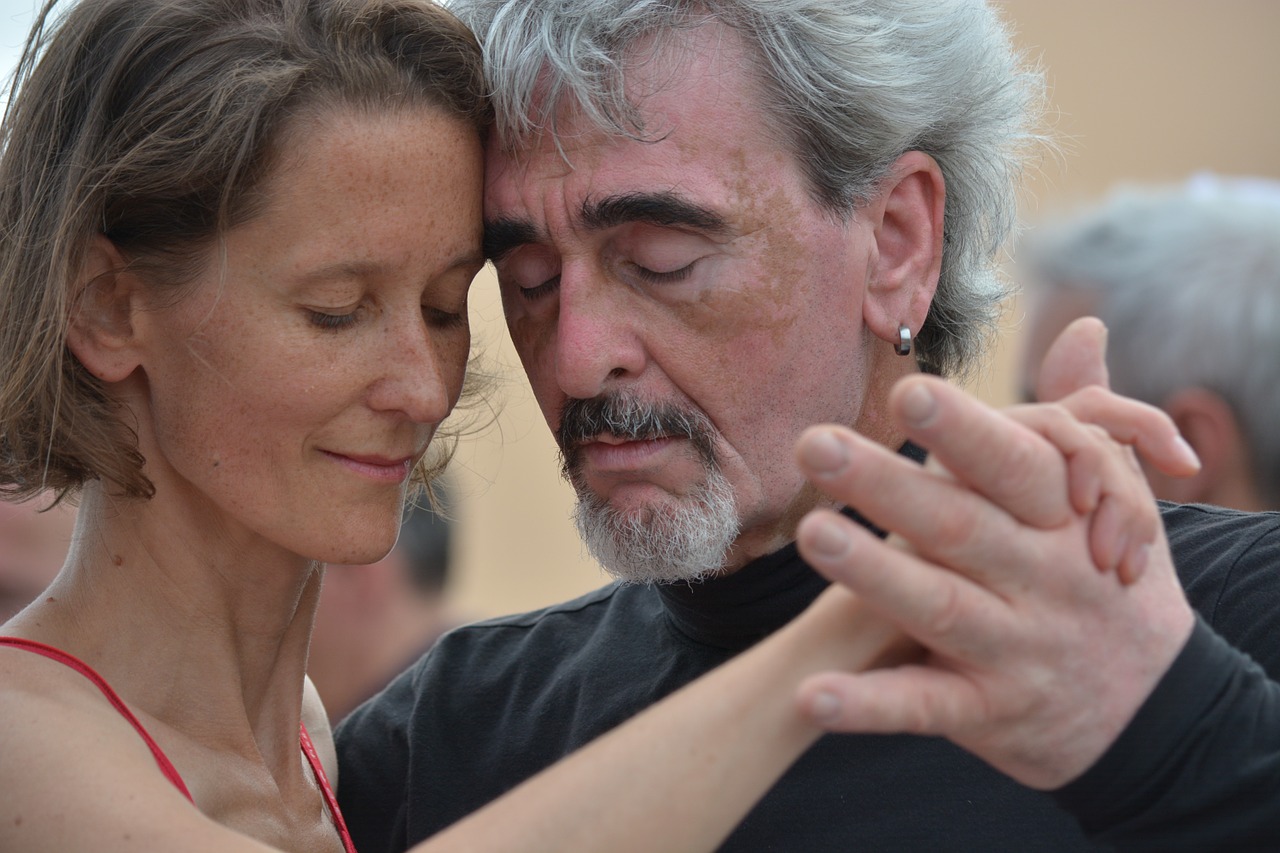I decided I would seek out more examples which could have similar therapeutic value, and began spend most of my off time watching such podcasts. I particular, I discovered subjects which interest me, featuring people who are calm, positive and engaged, with styles that make one feel like part of a conversation, featuring people who I think I would feel safe with in real life. Conversations which inspire me, instil a sense of curiosity and learning, make me feel engaged with, give me moments of joy, empathy, compassion, connection or hope are the ones which I am finding work best. This does feel like a much more therapeutic way to get through the day. It also provides a sense of being more productive, since even though I have a lot of enforced downtime, at least I'm learning new things, many of which are actionable and pragmatic, and hence this also assuages some of the feelings that my life is being stolen by PD.
Read MoreRelationships and Parkinson's Disease
This series of articles includes many self-help tips on how to potentially improve/prevent further atrophy of the cranial nerve functions, to try to increase “vagal tone”. The hope is to delay, or even reverse, the losses of facial expression, light in the eyes, melody in the voice, and ability to listen, all of which can impact significantly on other people’s chances at being able to relate to us, as well as our own ability to read with veracity the social cues coming from others.
Read MoreSleep and Parkinson's Disease
In this article, we consider the role of sleep on PD symptoms. I believe that getting good sleep is absolutely foundational, on which all other progressive symptom reduction strategies rest. Indeed, Florencia Cerruti, author of Rebirth at 50: in the end it was not The End, points out that poor sleep, along with stress, is to people with PD like Kryptonite is to Superman. Unfortunately, sleep problems are extremely common with PD.
Read MoreCell Danger Response and Parkinson's Disease
The Cell Danger Response (CDR) provides an explanation and framework of understanding for chronic illnesses, including Idiopathic Parkinson’s Disease. According to this framework, the CDR occurs when a cell in the body detects a threat to its existence or that it is in some sort of mortal danger. When a cell thus loses its sense of safety, it moves via the CDR from contributing to the health and vitality of the body towards an “on guard” state of self-perseveration, and then alerts other cells to the danger by releasing chemicals, which can, in turn, set off their CDR, potentially leading to domino or cascade effect. If the threat is maintained long enough, eventually the CDR results in the cell going into a shut-down or hibernatory state, to wait it out until the danger has passed. When enough cells in the body get stuck in a Cell Danger Response, some from of chronic illness ensues.
Read MoreBreathing Disorders and Parkinson's Disease
Some of the common “symptoms” of Parkinson’s Disease could be reframed as behavioural patterns contributing to overall symptomology, but which can be ameliorated through appropriate retraining to help with progressive symptom reduction. Examples of such retrainable “habits” include issues with posture, mindset and breathing. These patterns tend to impact each other, for example habitual mouth breathing can result in the forward head position common in PD. People with PD will often see in hindsight that, once identified, these problematic habits were apparent years before diagnosis. In this article, we specifically consider how unhealthy, but fixable, breathing patterns could be an exacerbating factor in PD. We will cover how poor breathing interacts with, and may even be causal of, many other symptoms, and explore what we can do to improve our quality of life by taking action to retrain our breath.
Read MoreThe Neck and Parkinson's Disease, Part 1
Even slight damage or stiffening up of the neck can cause constrictions or interruptions of important electrical and chemical flows. For oxygen and nutrients that enter through the mouth or nose, it is double jeopardy, as they have to pass through the bottle-neck twice, down into the lungs or to the gut, and back up again to get the brain. The neck is therefore a primary attention site for progressive symptom reduction strategies. In this article, we look at aspects of the neck and consider what we can do to improve our lot.
Read MoreMusic Therapy and Parkinson's Disease
I have played piano since the age of seven and taught music all my life, so it is not surprising that my mobility problems initially became evident to me while playing the piano. I had been asked to demonstrate a new piano, which the local church was considering buying, but while playing I found that I could not move the fingers of my right-hand as quickly as those of my left. For the next eighteen months doctors and physios gave me various diagnoses from trapped nerve to dystonia. When I finally consulted a neurologist, the diagnosis of Parkinson’s was a complete shock.
Read MoreThe Gut, the Digestive System and Parkinson's Disease, Part 2
In this follow-up article, we continue the exploration of the role of the gut, the digestive system, and gut-brain communication via the Dorsal Vagus Nerve, in PD. We will consider more recent findings, and look at some other angles involving the gut which have practical importance.
Read MoreFeeling Safe and Parkinson's Disease
This article seeks to convey pragmatic and applicable knowledge of the human nervous system to people affected by Parkinson’s Disease and those involved in providing healthcare and caregiving, as well as to try to summarize for myself my own current understandings of these concepts. In particular, we explore the role of people, attitudes and relationships in the lived experience of people with PD.
Read MoreNoradrenaline, Adrenaline, Dopamine and Parkinson's Disease
Dopamine itself is a building block of other neurotransmitters and hormones. Indeed, the reaction pathways can proceed further as:
DOPAMINE -> NORADRENALINE (made in the body brain from Dopamine) -> ADRENALINE (made in the body and brain from Noradrenaline).
Read MoreFeeling Heavy and Parkinson's Disease
A friend suggested I write more about what Parkinson's Disease is like "on the inside". At the same time, I was researching the different senses of the human body, and the problems which can occur with these in PD. Later, I learned about fascia (connective tissue) and its potentially vital role in PD. In this article, I attempt to tie these three threads together.
Read MoreChronic Stress and Parkinson's Disease
Some time ago, I discovered the strong correspondence between the symptoms of stress and the symptoms of Parkinson’s Disease. Later, I found these conclusions were further strongly supported by the book “When the Body Says No” by Dr Gabor Mate. I highly recommend everyone with, or is involved with, Parkinson’s Disease read this book at least once.
Read MoreBrain Healing and Parkinson's Disease
Here are annotated excerpts from the book, on the stages of neuroplastic healing - according to Dr Doidge, this works by modulating or downregulating the abnormal and noisy brain wave activity which occurs in nervous system dysregulations, that are either blocking clear movement and sensory signals or are over-exciting pain responses. It is worth noting that such “noisy brain” problems have been identified as a key element of Parkinson’s Disease.
Read MoreYoga Nidra Guided Meditation and Parkinson's Disease
I have now been practising Yoga Nidra guided meditations for around 3 months at the time of writing this, daily each morning. I definitely have seen cumulative benefits for progressive reduction of my Parkinson's Disease symptoms over that time, including much reduced anxiety, pain, less really bad days. However, in particular, I’ve noted increased effectiveness of dopamine replacement drugs, longer "on" periods, as well as improved sleep. Indeed, I personally believe that the practice does indeed boost my dopamine levels, because when I take a dose of my PD meds after or during a Yoga Nidra session, it is much more likely that that dose will actually work to turn my movement back on, and it can take as little as 15-20 minutes for the drug to kick in (this is very short time for me, about 50% less time needed than usual.
Read MoreThe Cranial Nerves and Parkinson's Disease
I am currently researching the Cranial Nerves and their functions. My interest in this area was piqued because many of the major and common symptoms of Parkinson's Disease are not properly explained by just the "death of dopamine producing cells in the Substantia Nigra" scenario. However, I do believe that the atrophy of the Cranial Nerves in people with Parkinson's (PwP) does very straightforwardly explain most of the main secondary symptoms, and in a very common sense way.
Read MorePhenylalanine, Tyrosine, L-Dopa, Dopamine and Parkinson's Disease
For those of us who spend a lot of time in the Dorsal Vagus Nerve activated freeze/immobilization/death feigning stress response, a number of otherwise vital biochemical reactions in our brains and bodies can go awry. We may stop producing healthy levels of particular enzymes, peptides, hormones and neurotransmitters, or make too much of these, or else stop being able to remove toxic by-products, that are necessarily created as part of the chemical steps in the creation and degradation of these substances, fast enough.
Read MoreHand-Held Accessories and Hand-Eye Co-ordination in Movement Therapies for Parkinson's Disease
An early discovery in pursuing whole-body movement as the principle therapy for increasing my range of motion, re-connecting body and mind, and integrating Primitive Reflexes, was the importance of holding something in my hands as part and parcel of the therapy, thereby enhancing the Applied Neuroplasticity and Somatic Experiencing benefits of movement.
Read MoreDance Therapy for Parkinson's Disease
Of all the therapies and modalities we’ve discussed here, I believe the most beneficial overall for progressive symptom reduction and movement recovery are Dance based. Here we define Dance Therapy broadly and simply as “moving to music or a beat”
Read MoreBalloon Based Play Therapy for Parkinson's Disease
Playing with balloons helped me re-discover much more slow, fluid and graceful movement. I believe that this type of controlled movement exercise could be very beneficial - even more so than playing with balls.
Read MoreLight Therapy and Parkinson's Disease
The purposes of this article, which I will endeavour to keep updated, is to act as a central resource of information on light therapy and its applications to Parkinson's Disease.
Read More


















